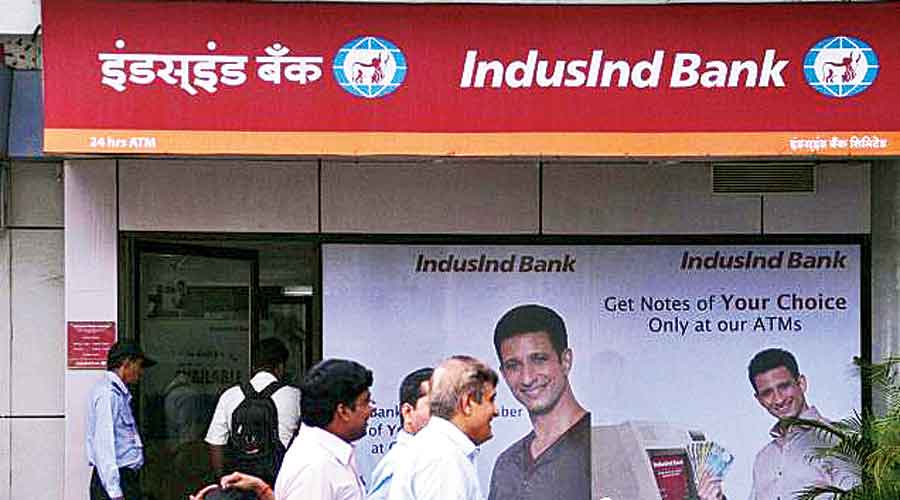IndusInd Bank on Saturday admitted that its subsidiary had disbursed 84,000 loans without consent because of a ‘technical glitch’, even as it rejected allegations of loan evergreening.
Evergreening is a practice of reviving a stressed account by giving more loans.
The statement from the private sector lender came after a report said that whistleblowers at its subsidiary-Bharat Financial Inclusion Ltd (BFIL) had written to the Reserve Bank of India (RBI) and the bank’s board alleging misgovernance and ever-greening of loans worth thousands of crores since the Covid-19 pandemic.
IndusInd Bank, which denied allegations of ever-greening, admitted that on account of a technical glitch in May 2021, nearly 84,000 loans were disbursed without the customer consent getting recorded at the time of loan disbursement.
The bank disclosed that it initiated an independent review to see if there is any process lapse or accounting failure at BFIL.
“Should there be any need, the bank will immediately take corrective action as appropriate and keep all the stakeholders adequately informed,’’ the lender said.
It added that this issue was highlighted by the field staff within two days and the technical glitch was rectified expeditiously.
Though IndusInd Bank did not disclose the disbursal value of these 84,000 loans, it said that among them, only 26,073 clients were active with their outstanding at Rs 34 crore.
According to the lender, this is 0.12 per cent of its portfolio as of end-September.
The bank has also made necessary provision against this portfolio. It also pointed out that the standard operating procedure has since been revised to make biometric authorisation compulsory.
It was in 2018 that IndusInd Bank acquired BFIL (previously known as SKS Microfinance).
While 82 per cent of the BFIL serviced customers are in rural and deep rural India where the access to banking services is limited, the bank said that the glitch got further aggravated because of operational issues arising out of the Covid-19 pandemic, including the lockdown, containment zones, and restrictions at the village or panchayat level, which necessitated disbursement of some loans in cash.
“The bank wishes to reiterate that there is a strong risk management and control framework in place, both within the bank and at BFIL. Nevertheless, the bank has been following a conservative provisioning approach and reiterates that there is no change in the credit cost estimates including that in the micro-finance business…In October 2021, nearly 100 per cent of the loan disbursements were in the bank accounts of the customers, as in pre-Covid time,’’ it added.
Through BFIL, the bank provides micro loans to women in rural India for income generating activities under the joint liability group format.
IndusInd Bank said this customer segment represents the bottom of pyramid in terms of economic wealth and is the target segment for financial inclusion.
During the pandemic, the customers faced operational difficulties and some turned intermittent payers.
Based on their requirements, the bank provided additional liquidity support to the extent of 20 per cent of the outstanding as on Feb 29, 2020 as applicable under the ECLGS (emergency credit line guarantee scheme) and it also restructured some loan under applicable regulatory guidelines including extension of moratorium to help tide the immediate cash flow mismatch.











